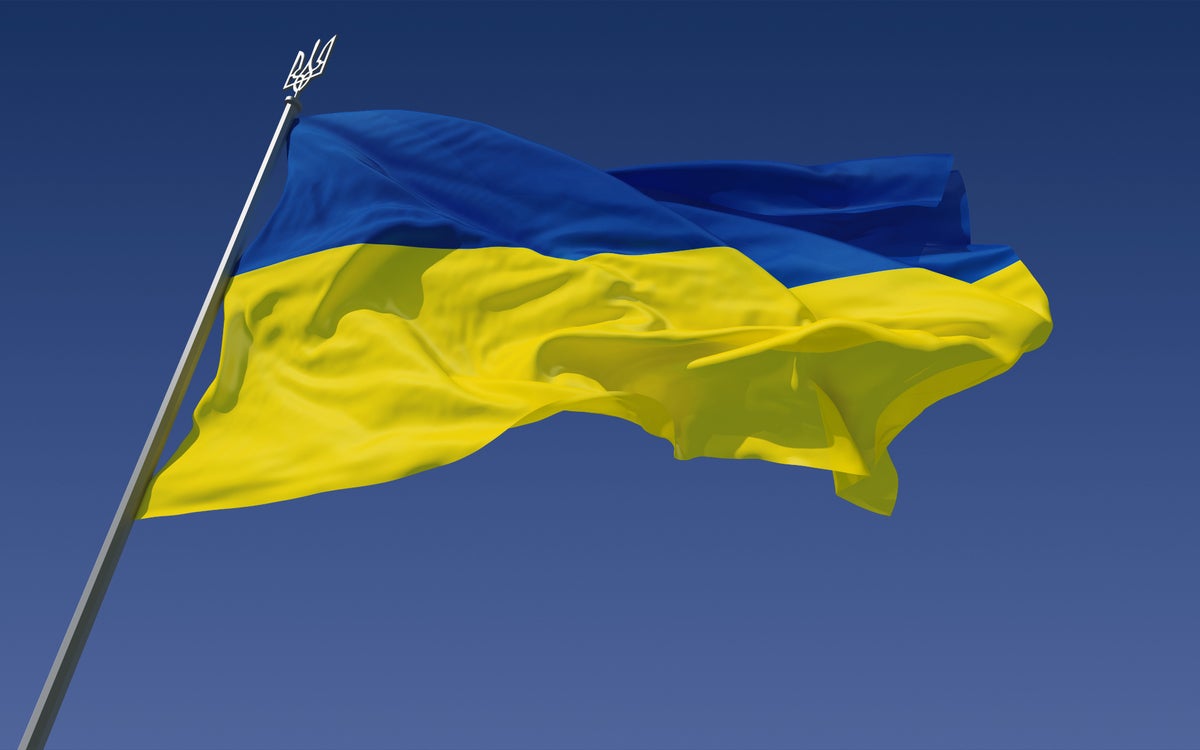When the war in Ukraine started last year, Dariia Mykhailyshyna, a Ukrainian pursuing her PhD in Italy, was looking for ways “to be useful.” She joined with other Ukrainians abroad to get information out and support humanitarian aid efforts.
Then Mykhailyshyna hit on the idea of teaching workshops on R to raise funds. She pondered asking a few friends if they’d teach a workshop as well. “I wasn’t thinking about a long-term series,” she said. “I was thinking about maybe a couple of workshops. But then it kind of worked out.”
Forty sessions and over a thousand attendees later, Workshops for Ukraine has raised about $28,000 for organizations supporting humanitarian and defense efforts in Ukraine. Around 20 experts have volunteered to teach. While the series started with R, the topics have expanded to include Python, SQL, Stata, and the Quarto technical publishing platform.
Coming this Thursday at noon EST/9am PST/6 pm CET: Working with ChatGPT in R.
Registration requires a minimum donation of $20, €20, or 800 UAH. People are welcome to donate more, of course, and they can choose to donate to sponsor a student. Mykhailyshyna doesn’t take registration fees directly. Instead, attendees are asked to donate to one of the approved Ukranian support organizations and send in proof of their donations.
All of the workshops are two-hour live sessions online. They are recorded, so attendees can re-watch videos later. People who missed a past workshop or who want to attend a future class but have a scheduling conflict can register for access to workshop recording and materials. Workshop schedule and sign-up information are at https://sites.google.com/view/dariia-mykhailyshyna/main/r-workshops-for-ukraine.
Design consultant Cédric Scherer recently taught a workshop on Color Palette Choice and Customization in R and ggplot2 and said the experience “was overall great, from the organizational perspective but also from how the workshop was perceived.”
When Russia invaded Ukraine last year, Scherer said, he had pondered running some sort of class of his own to raise money to help Ukraine. “Like many others, I felt helpless” as the war unfolded, he told me by email. “When Dariia reached out to me, this was exactly the opportunity I had hoped for.”
Mykhailyshyna said popular topics have included introductions to R, Python for R users, Bayesian modeling, and Scherer’s colors in ggplot2. She’s already scheduled another ggplot2 session, “Dataviz with R and ggplot: Using color and annotations for effective story telling,” to be taught by data consultant Cara Thompson next month.
“Having run a similar workshop for folks using R within the NHS [the UK’s National Health Service] a few months ago, I already had some tried and tested materials that I could build on, so when Dariia approached me about this it was an easy ‘Yes’,” Thompson told me in an email. “I genuinely enjoy equipping others to make better data visualizations, so this seemed like a good opportunity to do that while contributing to a great cause.”
Other upcoming topics include survival analysis in Python and R and working with image data in R. Anyone interested in teaching a workshop can contact Mykhailyshyna at dariia.mykhailyshyn2@unibo.it.






